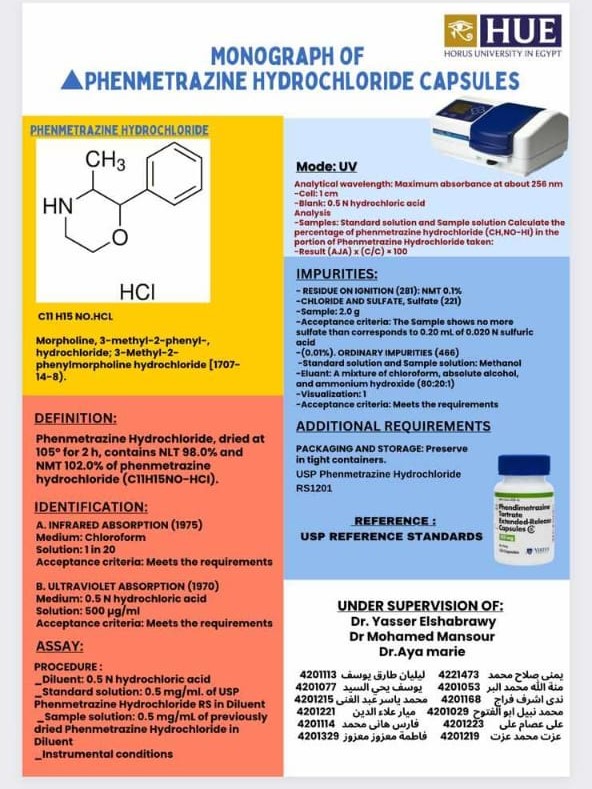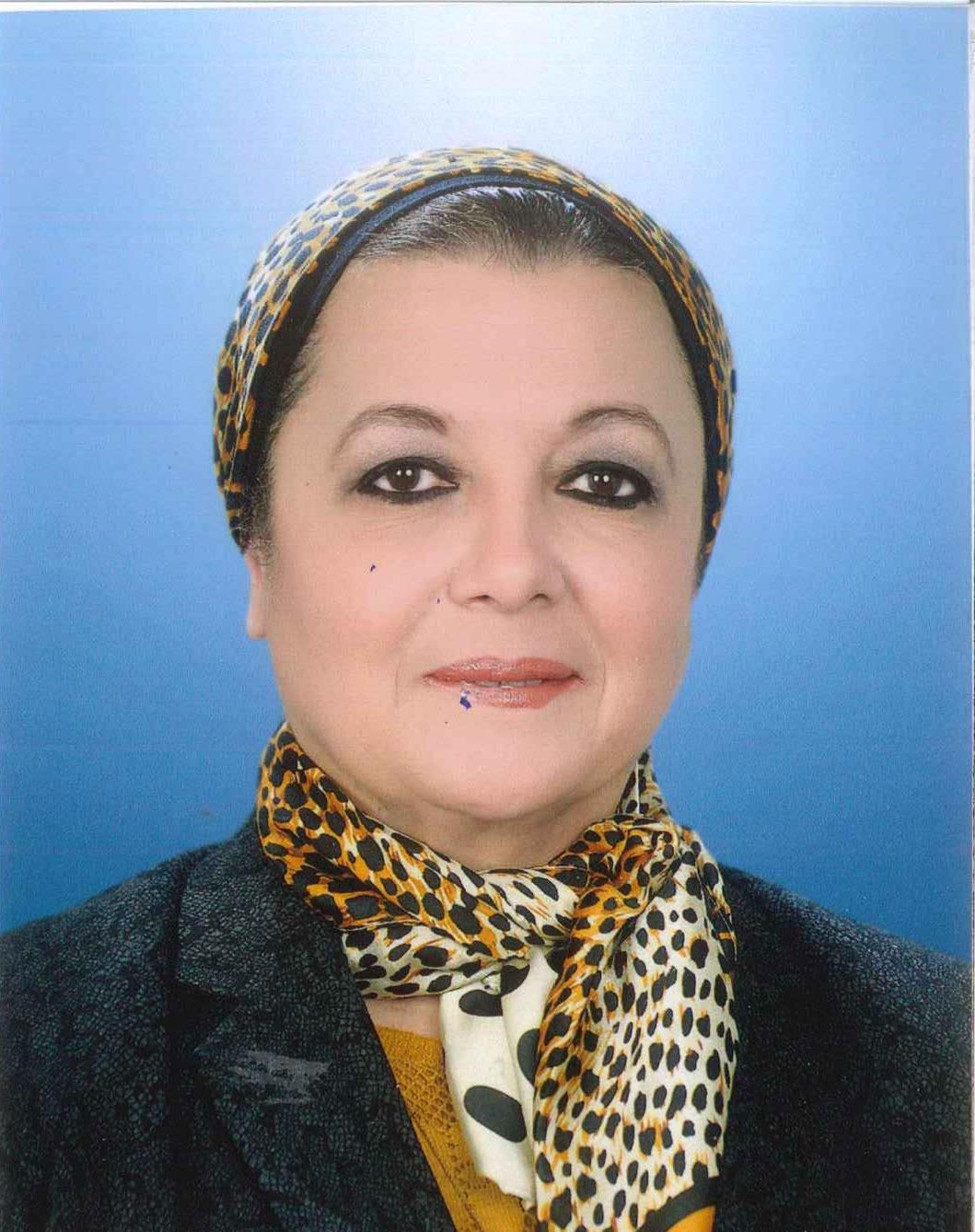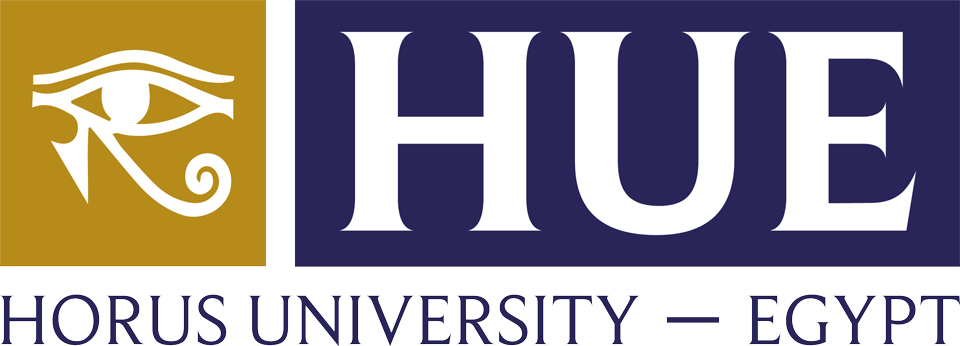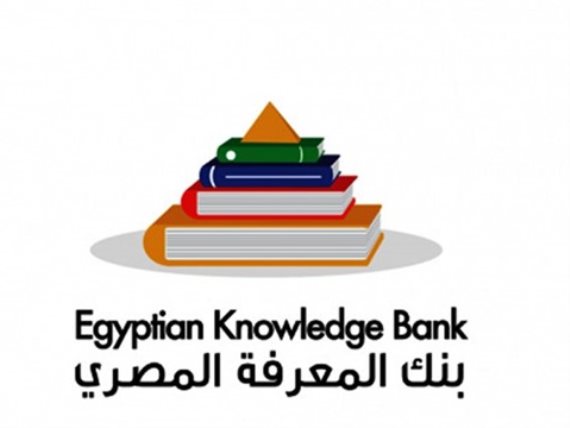Analytical Chemistry Activities 2023-2024
Pharmaceutical analytical chemistry
2023-2024
Spring semester 2023/2024
1- Pharmaceutical Analytical Chemistry (1) Pharm D/ Pharm D. Clinical
The students created and presented posters that explained and highlighted the most important topics discussed during the study of the scientific content throughout the semester. These posters were evaluated with the assistance of faculty members and teaching assistants from the department and other departments. Subsequently, the department professors awarded certificates of appreciation and trophies to the best posters. The students in each lab were divided into 3-4 groups by the teaching assistant or the assistant lecturer in charge, with each group presenting part of the curriculum in the form of a poster. It was emphasized that sources must be added to the posters, and each group was evaluated by the faculty members. The students’ activity and efficiency were evident during the presentation.
2- Pharmaceutical Analytical Chemistry (3) Pharm D
The students received calculations and graphs for first and second-degree potentiometric titration curves to evaluate several samples.
3- Instrumental Analysis (Pharm D/ Clinical)
Second-year Clinical students created models representing various instruments as part of the Instrumental Analysis course.
4- Quality Control of Pharmaceuticals (Pharm D/ Clinical)
Fourth-year Clinical students created posters for the monographs, which served as examples of the devices that second-year Clinical students represented as models in the Instrumental Analysis course. Both groups presented their work on the same day.

Fall Semester 2023/2024
1- Pharmaceutical Analytical Chemistry (1), (2) Pharm D & Clinical
The students created and presented posters that explained and highlighted the most important topics discussed during the study of the scientific content throughout the semester. These posters were evaluated with the assistance of faculty members and teaching assistants from the department and other departments. Subsequently, the department professors awarded certificates of appreciation and trophies to the best posters.
The goal of this activity was to provide students with a comprehensive understanding of various analytical chemistry techniques, with a focus on titration methods and factors affecting solubility and complex formation. By exploring the effects of common ions, temperature, and pH on solubility, students learn the fundamental principles governing chemical equilibria in solutions and the role of the solubility product constant (Ksp).
The activity also covered the solubility product constant to predict precipitation formation, equipping students with the knowledge needed to analyze and accurately interpret solubility data. Additionally, the activity emphasized the development of practical skills in various titration techniques, including the Fajan’s method, Volhard’s method, bromometric titration, iodometric and iodimetric titrations, and Karl Fischer titration.
These methods are essential for determining various samples such as metal ions, phenols, sulfa drugs, and water content in samples. By participating in these titration experiments, students gain hands-on experience and analytical proficiency, preparing them for advanced studies and professional work in the fields of pharmaceutical and analytical chemistry.
The students in each lab were divided into 3-4 groups by the teaching assistant or the assistant lecturer in charge, with each group presenting part of the curriculum in the form of a poster. It was emphasized that sources must be added to the posters, and each group was evaluated by the faculty members. The students’ activity and efficiency were evident during the presentation.During the presentation, the students demonstrated both activity and competence.
2- Instrumental Analysis (Pharm D)
The students created models representing various devices, which were displayed in the form of makets (scaled models).
3- Quality Control (Pharm D)
The students completed monographs for various medications, detailing the methods of drug analysis.
Pharm D Clinical Level 1 Fall Semester
Assoc. Prof. Walaa Al-Husseini & Dr. Mohamed Abdo Zidan
Pharmaceutical Organic Chemistry-1 (PC - 112)

welcome everybody who participates in building a future for our own country to help it take a considerably distinctive place among nations.

